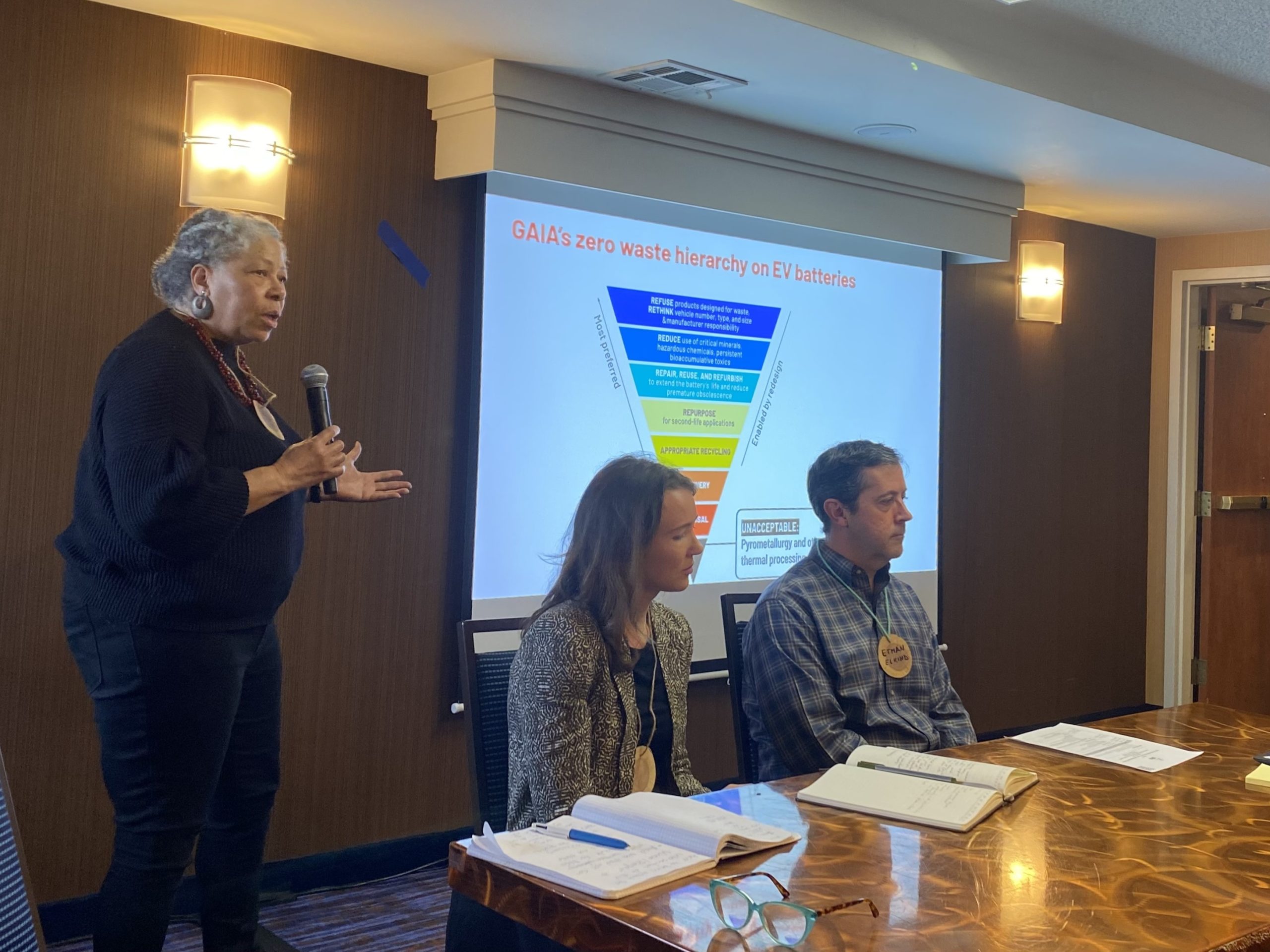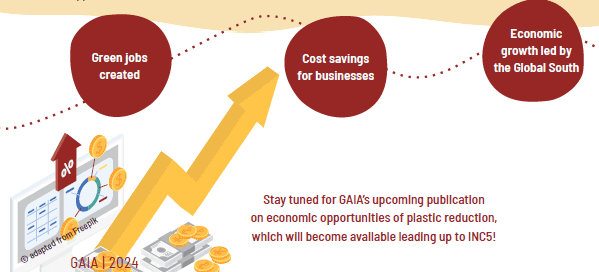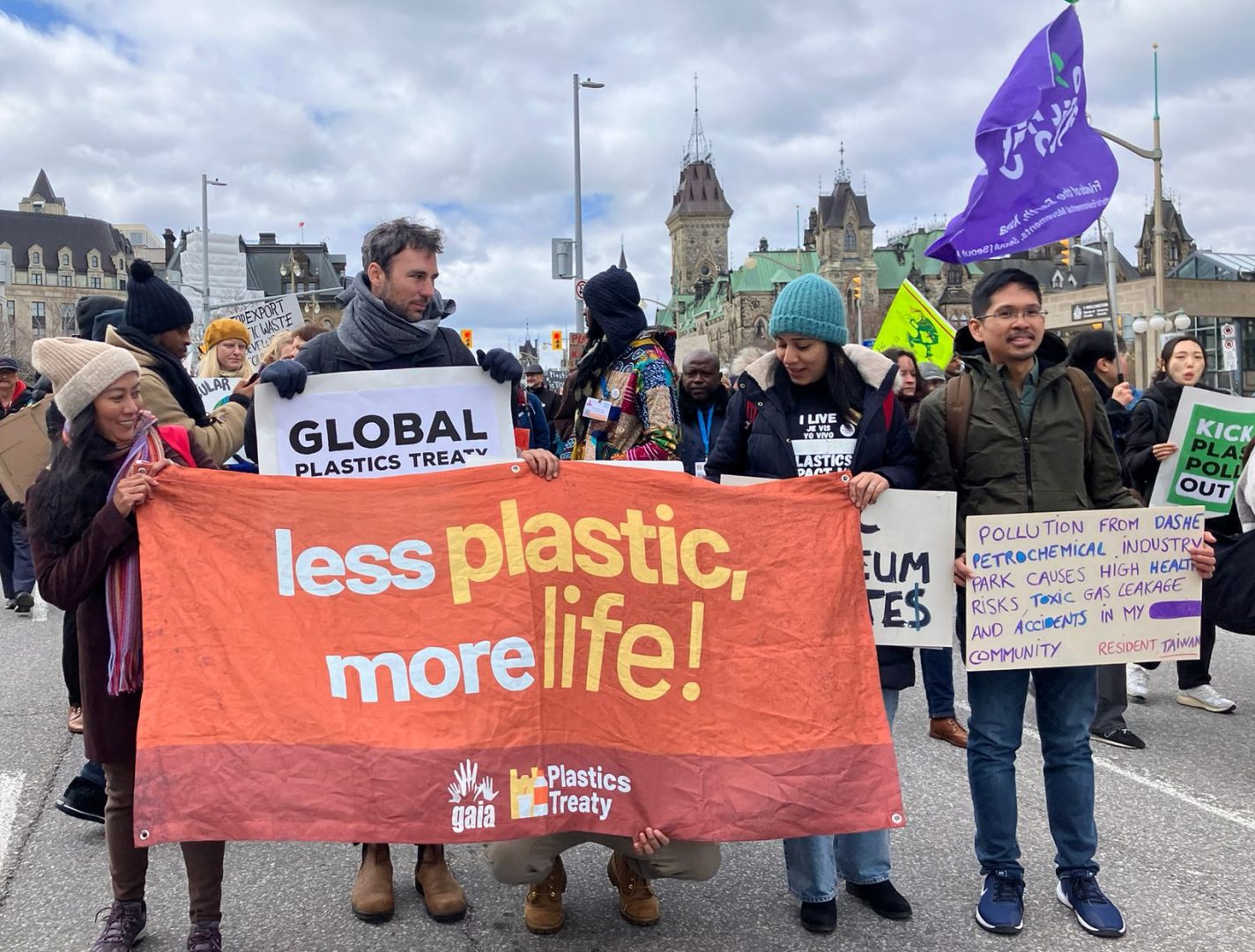Fuelling Failure is the first report to highlight the dangers fossil fuels and plastic production pose to every single UN Sustainable Development Goal. The 17 SDGs, whose 169 targets aim to “end poverty, protect the planet and ensure prosperity for all by 2030,” touch on a diverse range of issues and challenges such as biodiversity, work, health, inequality and food. The goals apply to all countries, rich and poor, with the aim of ensuring that “no one will be left behind.” In contrast, plastic reduction and zero waste strategies would help us meet the world’s SDG’s, fast.
The paper was produced by researchers at the University of Sussex on behalf of the Fossil Fuel Non-Proliferation Treaty Initiative and key civil society partners with expertise across the SDGs: 350.org, ActionAid, REN21, Stand.earth, CAN South Asia, UNRISD, Food and Water, Rapid Transition Alliance, Leave It In the Ground Initiative, GAIA, CAN International, Center for Biological Diversity, Stamp Out Poverty, MOCICC, Power Shift Africa, WECAN and Asian Peoples’ Movement on Debt and Development.




























